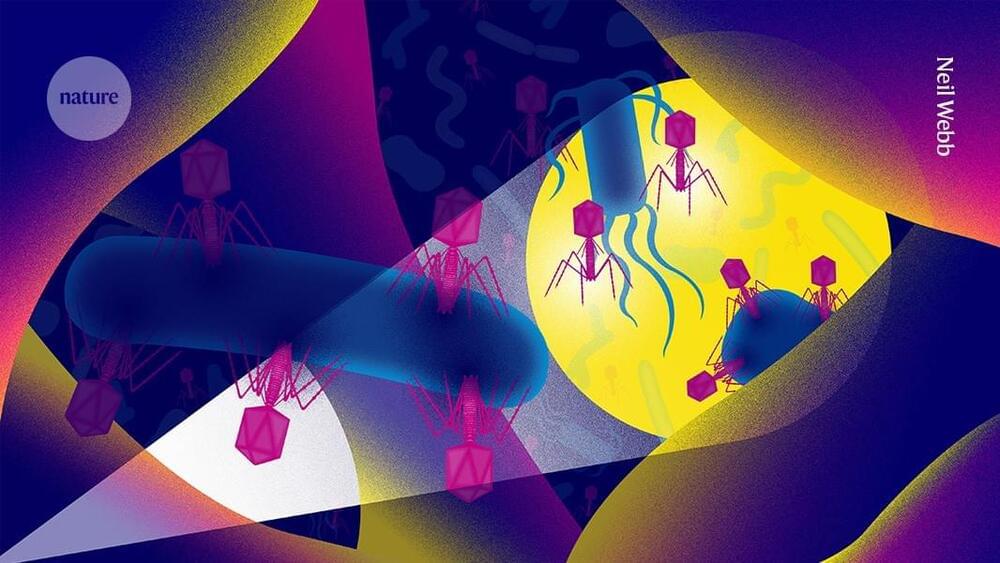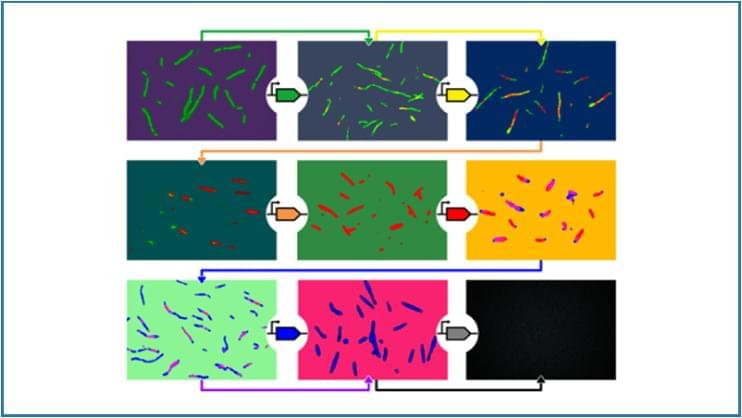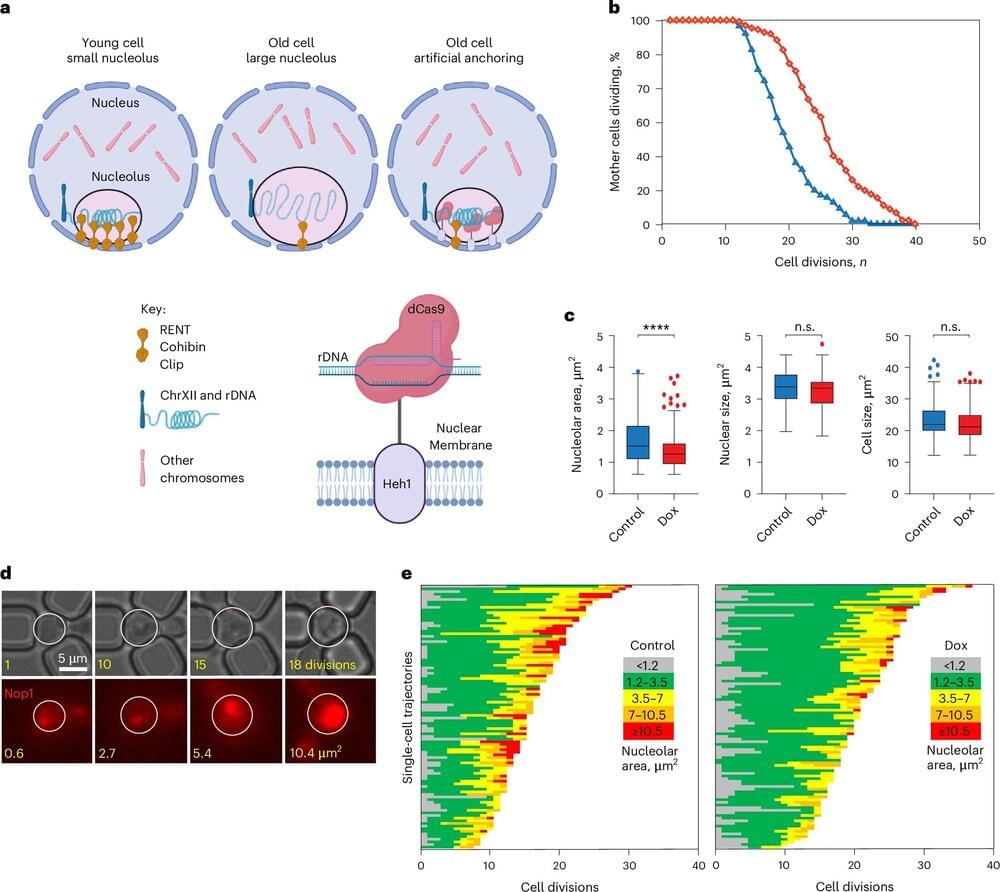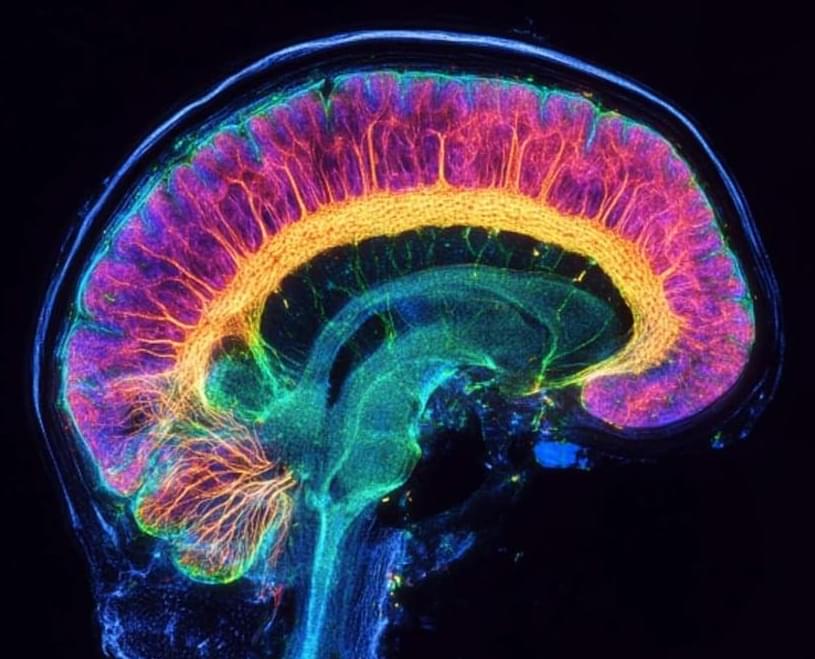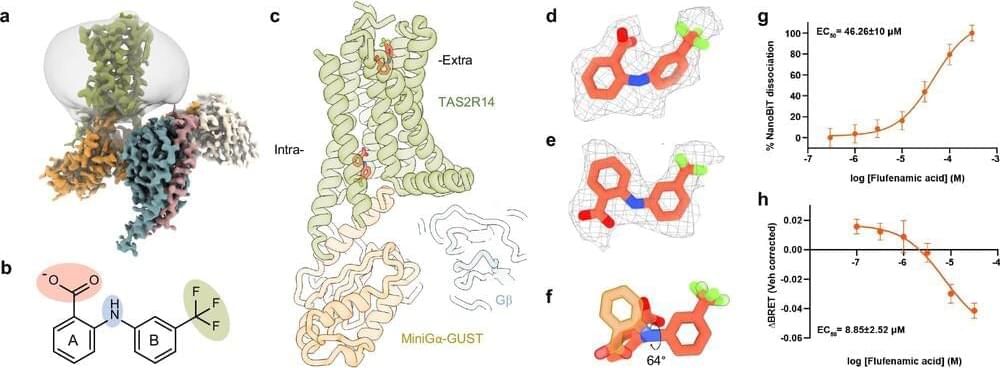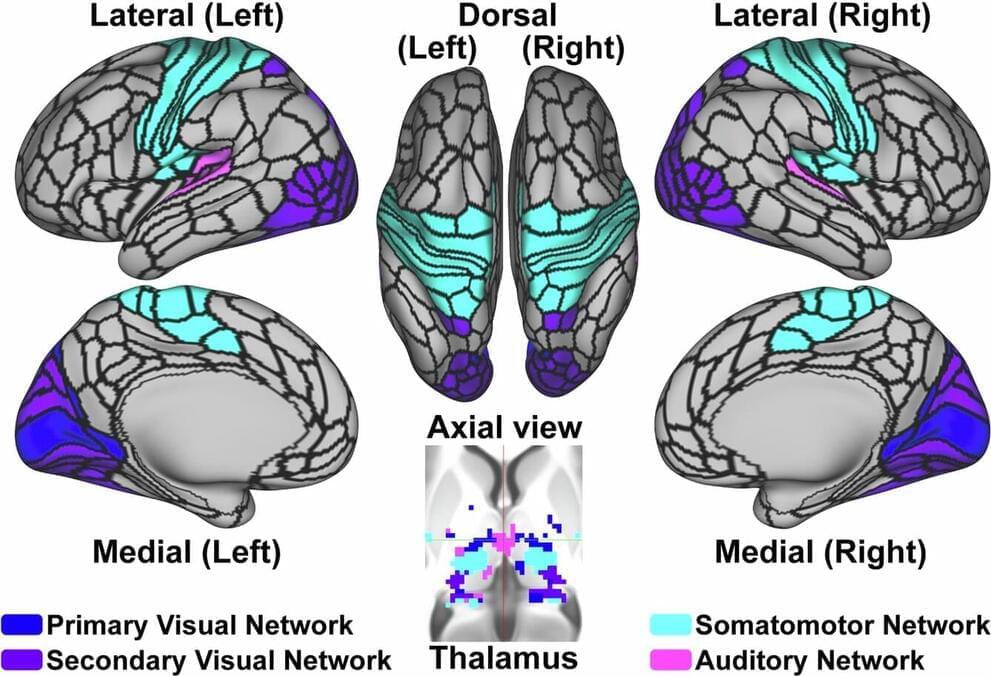Stem cells grown in microgravity aboard the International Space Station (ISS) have unique qualities that could one day help accelerate new biotherapies and heal complex disease, two Mayo Clinic researchers say. The research analysis by Fay Abdul Ghani and Abba Zubair, M.D., Ph.D., published in NPJ Microgravity, finds microgravity can strengthen the regenerative potential of cells. Dr. Zubair is a laboratory medicine expert and medical director for the Center for Regenerative Biotherapeutics at Mayo Clinic in Florida. Abdul Ghani is a Mayo Clinic research technologist. Microgravity is weightlessness or near-zero gravity.
“Studying stem cells in space has uncovered cell mechanisms that would otherwise be undetected or unknown within the presence of normal gravity,” says Dr. Zubair. “That discovery indicates a broader scientific value to this research, including potential clinical applications.”
Dr. Zubair has launched stem cell experiments from his lab on three different missions to the ISS. His review paper provides data on the scientific question, “Is space the ideal environment for growing large numbers of stem cells?” Another key concern is whether cells grown in space could maintain their strength and function after splashdown on Earth.

